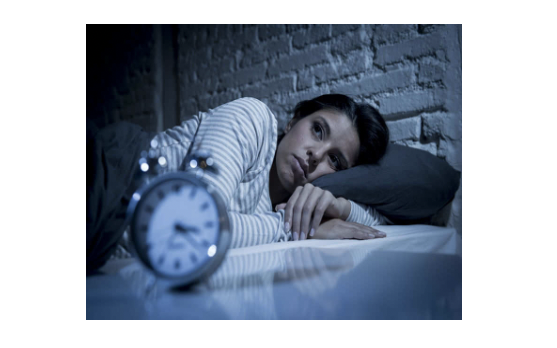
Like many of our clients (you know who you are), as soon as you wake up in the morning, you are probably thinking, “How is it even possible to be both exhausted and extremely anxious?!”
The Answer: Morning Anxiety
Fear-filled mind
Wide awake, but feeling wired, anxious, AND tired,
Negative thoughts,
What will the day bring?
Sadly, morning anxiety seems to be a common experience, given personal stories from family and friends, descriptions from clients, and the plethora of articles with titles like, “Early Morning Anxiety, and Morning Panic.” There are many possible contributing factors. Listed below are some explanations and ideas that will help:
Stress Hormones and Generalized Anxiety
If you are dealing with excessive anxiety in the morning, there’s a good chance you may also have generalized anxiety or something researchers call The Cortisol Awakening Response (CAR). The “stress hormone,” cortisol, is released by the adrenal glands in response to fear or stress. Researchers have found that cortisol is highest in the first hour of waking for people with an increased level of anxiety. This helps explain why you may experience an increase in anxiety in the morning.
When you wake up, the body is already in ‘fight or flight’ at the memory and thought of another anxiety-filled day ahead. Now cue negative thinking before the day has even begun, creating a repeating cycle of early morning dread. Not to mention, the latter part of the night and early part of the morning generally sees a natural increase in both Cortisol and blood pressure as the body prepares to start another day.
Stressful Life Events
Stressors that may trigger anxiety upon waking include;
- Changes in living arrangements,
- Health problems
- Changes in Employment
- Financial stress
- Separation from loved ones
Enter COVID-19!
Genetics and Diet
Some of us have a genetic predisposition to stress and anxiety, which makes us prone to morning anxiety.
Chronic health issues can also contribute to a person feeling more anxious. Some common health conditions that may trigger anxiety include;
- Diabetes,
- Heart disease,
- Hypertension,
- Asthma,
- Psoriasis,
- Depression, and
- Cancer
Diet is another important factor! Skipping meals, eating a large meal too late, and/or consuming too much alcohol, sugar, caffeine, or processed foods can all put a strain on digestion, (which can disrupt sleep) and cause our blood sugar to rise and fall. Not good for the nervous system! The body goes a long time without food and water when we sleep, so when we wake up, our blood sugar and hydration levels are low. These two issues alone can make anxiety symptoms worse, create nervous tension and unfamiliar body sensations, as well as cause low mood.
This will help:
Don’t go to bed too late, watch anything too stimulating, or have too many screens (phones, laptops, TVs, etc.) in your bedroom. Make sure it is sufficiently dark and a comfortable temperature for a good night’s sleep.
Avoid dwelling on the fear of the early morning cycle. Read something positive and inspiring, or try a guided mediation before you go off to sleep and more importantly as soon as you wake.
Move It! Physical activity is one of the best things you can do for yourself in the morning, especially if you are dealing with an excessive amount of worry when you wake up. Exercise at least five days per week for 30–45 minutes each session.
Avoid the temptation to stay in bed with your negative head. If you wake up with negative thoughts about your day challenge them, and focus on what you can control. Write down what you are grateful for or list at least three things you are looking forward to, in a journal, near your bed.
Give your brain something to focus on. Deep breathing done first thing in the morning can help take the focus off of your negative and anxious thoughts and turn your focus and energy toward your body. Get up and into the day with a task, a pod-cast or music. Try something different each day to break the cycle.
Show self-compassion. Create your own self-care tool kit. A relaxing bath or shower before bed, can also go a long way.
Don’t eat and drink too much after 8pm, especially if the foods and drinks are high in sugar or alcohol.
Accept, Don’t Fight, for just 10 minutes
If you’re finding that managing morning anxiety is a too difficult with the strategies mentioned, try “planned worrying.” Give yourself a time limit of 10 minutes to experience worry feelings. When the timer goes off, move on to your self-care strategies. Though you can’t expect to simply shut off your anxiety like a timer, this approach allows you to acknowledge your worry, and gives you a concrete time to move on to self-care.
The symptoms of morning anxiety can feel incredibly uncomfortable and overwhelming, but they are highly treatable. When you combine professional treatment along with the self-care strategies listed above, you will experience relief from anxiety, and wake up hopeful and calm.
Face your fears. Live with uncertainty. Take control of your life.
Dr. Theresa Welles
Licensed Psychologist
Clinical Associate, Anxiety Specialists of Atlanta
Dr. Welles specializes in the assessment and treatment of anxiety disorders and OCD in children, adolescents, and adults

